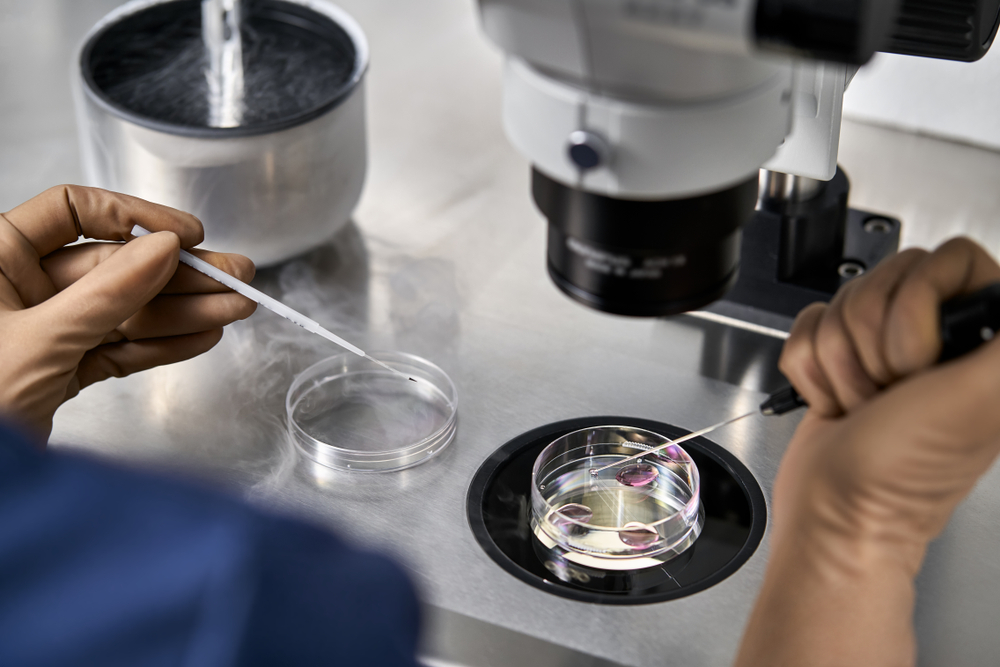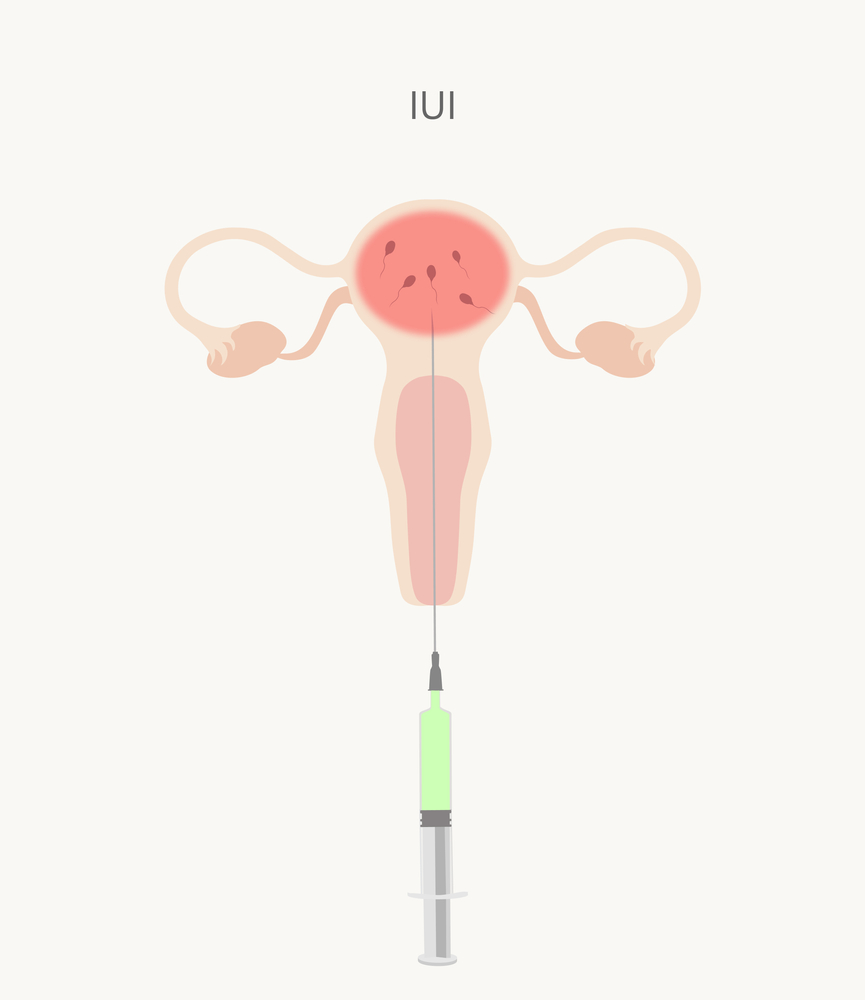Want to take control of your fertility journey? Check out the key reasons for IVF failure that can make a difference.
Introduction
In Vitro Fertilization (IVF) is a light of hope for many infertile couples. However, the route to successful conception can be difficult. Understanding the causes of IVF failure is critical for making informed decisions and being emotionally prepared.
Poor Egg Quality
Poor egg quality continues to be one of the leading causes of IVF failure. Eggs of high quality are essential for effective fertilization and embryo development. Egg quality can be influenced by several kinds of factors, including age, lifestyle, and genetic predisposition. This directly affects the likelihood of a successful pregnancy during IVF treatment.
Embryo Quality Issues
Once fertilization occurs, embryo quality is vital. Embryo grading is important for determining developmental phases and cell division patterns. Genetic defects and developmental delays can result in poor embryo quality, lowering the chances of successful implantation and pregnancy.
Uterine Issues in IVF
The uterus’ health and receptivity has a substantial impact on IVF results. Fibroids, polyps, and structural abnormalities can hamper embryo implantation. Diagnostic methods such as hysteroscopy help in identifying these difficulties, while treatments such as surgical modifications or hormonal therapy aim to cure uterine conditions for successful IVF.
Age and IVF Success
Ageing has an influence on fertility, lowering both egg and sperm quality. Maternal age is particularly associated with decreasing ovarian reserve and higher chromosomal abnormalities in eggs, leading to lower IVF success rates. Paternal age also contributes to genetic risks. Strategies such as egg freezing and timely fertility treatments can help to offset age-related problems.
Genetic Factors in IVF
Before embryo transfer, genetic screening is used to detect chromosomal abnormalities or genetic illnesses that may have an impact on embryo viability and implantation. Preimplantation genetic testing (PGT) enables the selection of genetically healthy embryos, increasing the likelihood of a successful IVF cycle.
Implantation Failure in IVF
Successful implantation demands synchronization between the embryo and the receptive uterine lining. Improper embryo-uterine contact, insufficient endometrial thickness, and timing difficulties can all contribute to implantation failure. Endometrial receptivity testing (ERA) helps personalized embryo transfer timing, which improves implantation rates.
Hormonal Imbalances and IVF
Hormonal balance is essential during the IVF procedure. Hormonal disorders such as follicle-stimulating hormone (FSH), luteinizing hormone (LH) or thyroid hormones can have an impact on egg production, embryo development, and implantation. Hormonal therapy or lifestyle changes can help address these imbalances and increase IVF success rates.
Lifestyle Factors and IVF
Lifestyle decisions possess a significant influence on fertility and IVF results. Diet, exercise, smoking, alcohol intake, and stress levels have an impact on reproductive health. Adopting a balanced, antioxidant-rich diet, maintaining a healthy weight, exercising regularly, and employing stress management strategies can all improve IVF success rates.
Male Factor Infertility and IVF
Male infertility contributes significantly to IVF failure. Low sperm count, poor sperm motility, and unusual sperm morphology can obstruct fertilization and embryo development. Semen analysis is a diagnostic test that assesses male fertility health and guides medications such as intrauterine insemination (IUI) or intracytoplasmic sperm injection (ICSI) to overcome male factor infertility.
Emotional Impact of IVF Failure
Couples may suffer significant mental distress as a result of failed IVF attempts. Feelings such as disappointment, sadness, and worry are common and it is critical to acknowledge these feelings and seek help from counselors, support groups, or loved ones. Emotional well-being is essential for overcoming obstacles and managing the challenges of fertility treatments.
Conclusion
Understanding the causes of IVF failure allows individuals undertaking fertility treatments making informed decisions and approach their journey with realistic expectations. While different factors might impact IVF success, advancements in medical technology and personalized treatments provide hope for parents to achieve their dream of parenthood. At Shourya Test Tube Baby Centre, recognized as the best IVF centre in Hyderabad, we understand the emotional and physical difficulties associated with IVF failures. Our experienced staff is committed to offering personalized treatment and support throughout your fertility journey. We provide a variety of services suited to your specific needs, utilizing cutting-edge technology and a compassionate approach. Our strong success rates reflect our expertise and dedication. We invite you to consult with our professionals to learn more about your options and receive the best possible treatment. Shourya Test Tube Baby Center, the best fertility centre in Hyderabad, is here to help you achieve your goal of becoming a parent.





